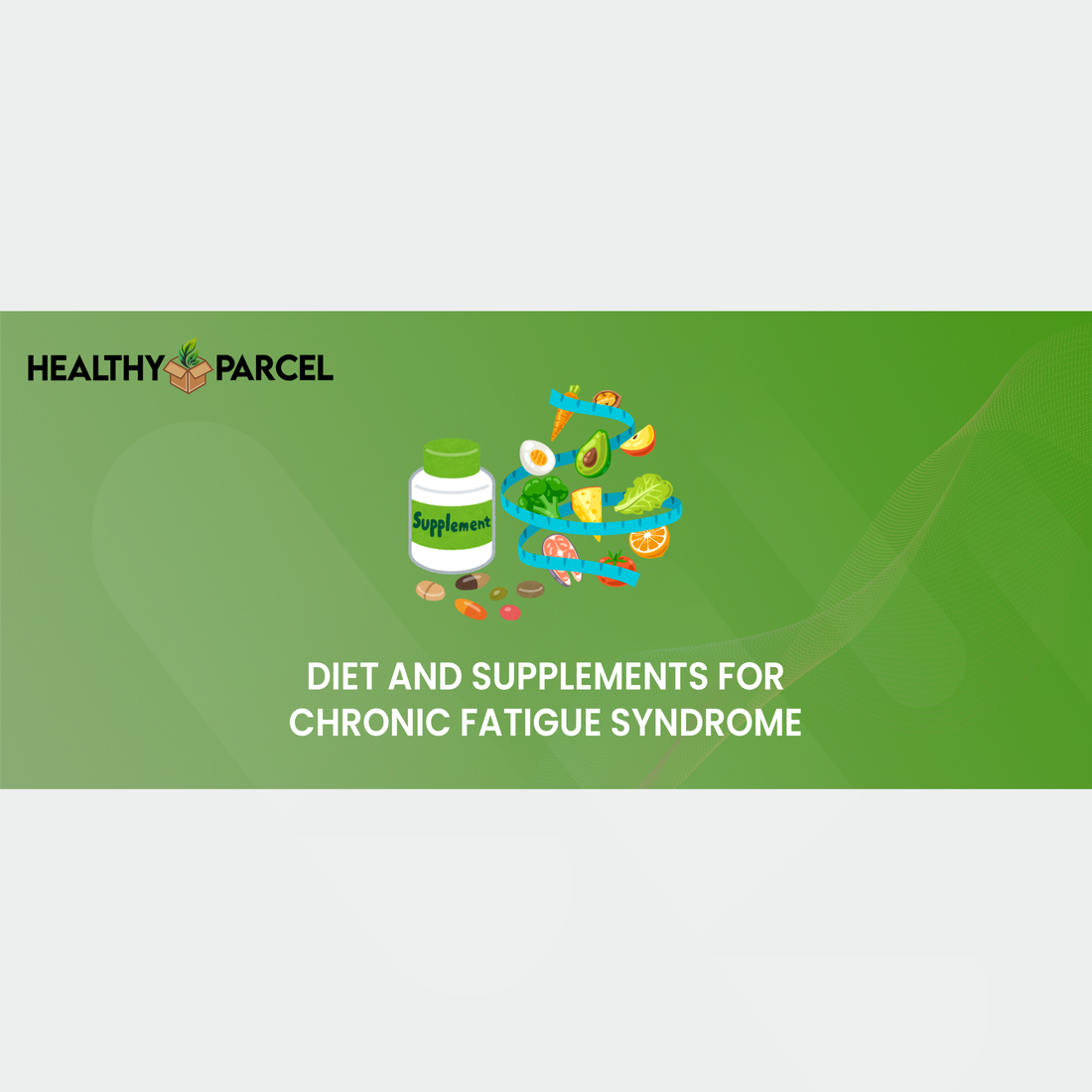We all feel tired from time to time, especially after recovering from the flu or on a sluggish Monday morning. But what about when that tiredness doesn’t go away, no matter how much coffee you drink or how many naps you take? If you're constantly exhausted and lacking energy, it might be time to talk to your doctor about chronic fatigue syndrome.
What Is Chronic Fatigue Syndrome?

Chronic fatigue syndrome, once dismissed as a purely psychological issue, is now recognized as a legitimate and debilitating condition. It’s marked by extreme fatigue that can't be linked to any underlying medical problem.
Symptoms include persistent fatigue, memory problems, difficulty concentrating, sore throat, flu-like symptoms, swollen lymph nodes, unexplained muscle or joint pain, headaches, unrefreshing sleep, and a relentless feeling of mental and physical exhaustion.
The exact cause is unknown, and there’s no specific test for it. Diagnosis is made by ruling out other conditions and confirming that symptoms have persisted for at least four months in adults (three months in children).
Chronic fatigue syndrome is also known as CFS, systemic exertion intolerance disease (SEID), or myalgic encephalomyelitis (ME).
How Is Chronic Fatigue Syndrome Different from General Tiredness?

We all experience periods of tiredness when we’re not getting enough sleep. The key difference with chronic fatigue syndrome is that it doesn’t improve with rest. While a nap might help with regular tiredness, someone with CFS remains deeply exhausted no matter how much sleep they get.
Can Diet Improve Chronic Fatigue Syndrome?

When you’re always feeling exhausted, maintaining a healthy diet can be tough. You might find yourself reaching for junk food because you’re too tired to cook, or skipping meals altogether because it feels like too much effort.
There are plenty of claims about specific diets curing chronic fatigue syndrome (Paleo! Gluten-Free! Blood Type!). Often, people who feel better on these diets have an undiagnosed food intolerance that improves when they eliminate certain foods. Before making any drastic changes, consult your doctor or dietitian about the right way to conduct an elimination diet to identify any true intolerances.
Try to eat a balanced diet with plenty of fruits and vegetables, protein, and quality carbohydrates. Avoid highly processed foods, hydrogenated oils (trans fats), and sugary drinks. Many people with chronic fatigue find that eating small meals and snacks every three to four hours helps maintain energy levels.
Use days when you have more energy to prepare extra meals so you have something healthy ready on harder days. Cook in bulk and freeze individual portions for quick meals. Utilize convenient options like pre-cut veggies, brown rice bowls, bagged salad, and rotisserie chicken. Not everything healthy has to be made from scratch!
Can Supplements Help with Chronic Fatigue Syndrome?

More research is needed before specific supplement recommendations can be made for chronic fatigue syndrome. However, it’s important to get blood tests to rule out any deficiencies.
In a comprehensive review of nutritional studies by Dr. Melvyn R. Werbach, the following supplements were suggested as possibly helpful for CFS. Always check with your doctor before starting any new supplements:
- Folic Acid
- Vitamin B12
- Vitamin C
- Magnesium
- Zinc
- L-Tryptophan
- L-Carnitine
- Coenzyme Q10
- Essential Fatty Acids
Most people just need to clean up their diet, exercise a bit more, and get better sleep to fight fatigue. But if you've tried everything and are still exhausted, talk to your doctor about chronic fatigue syndrome.

